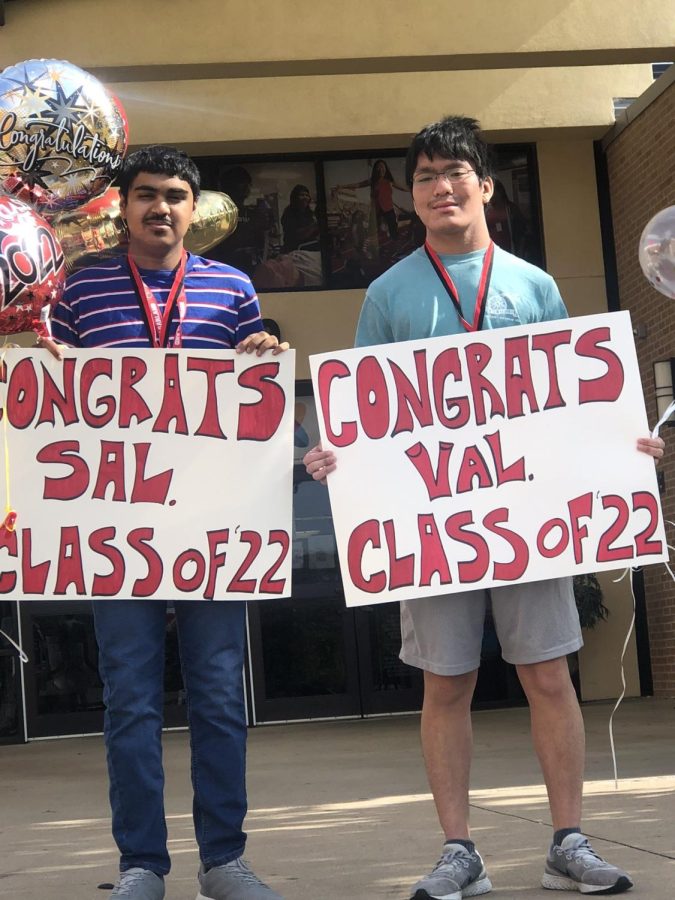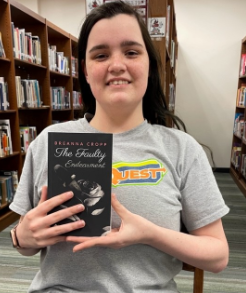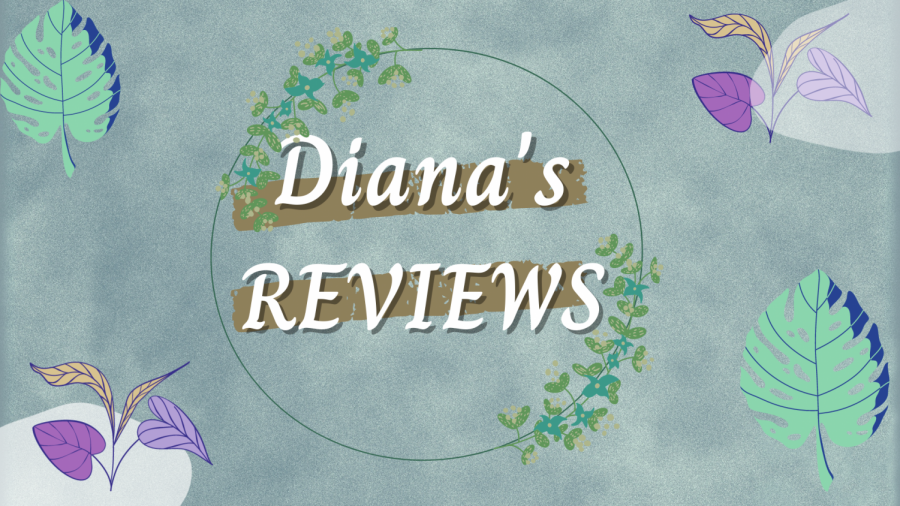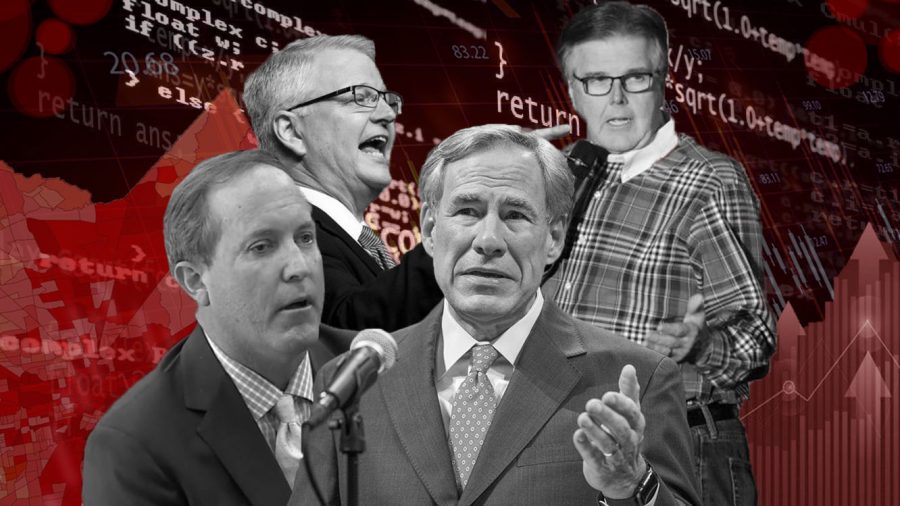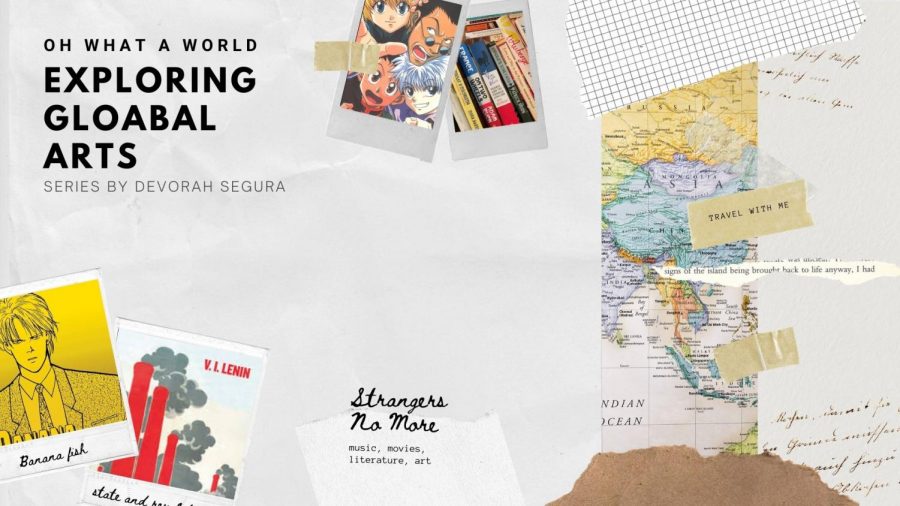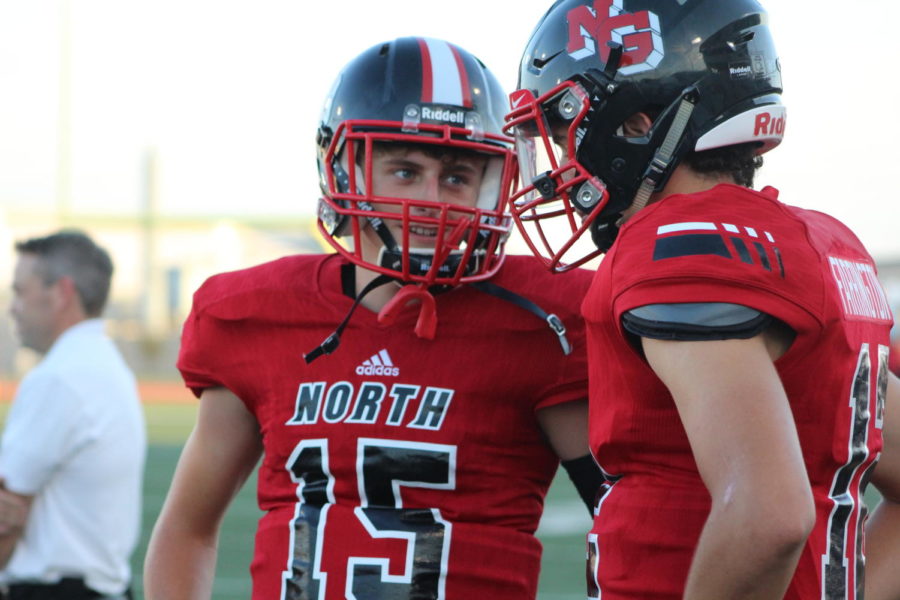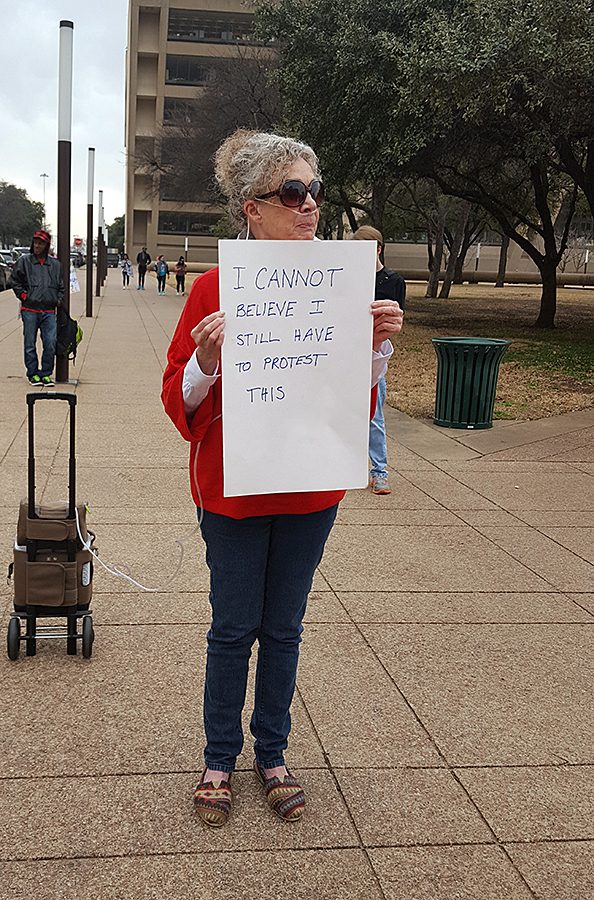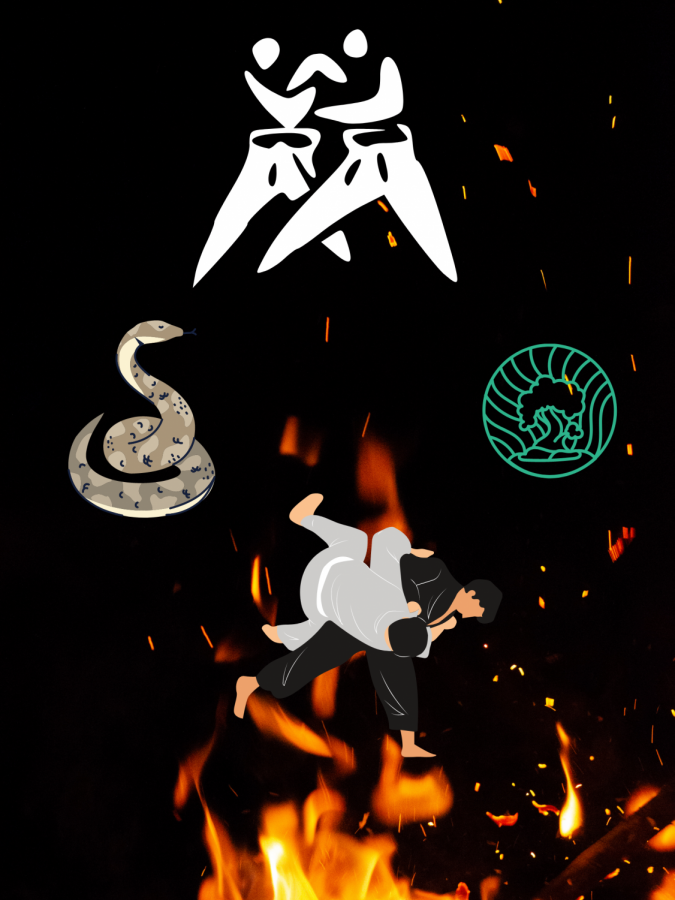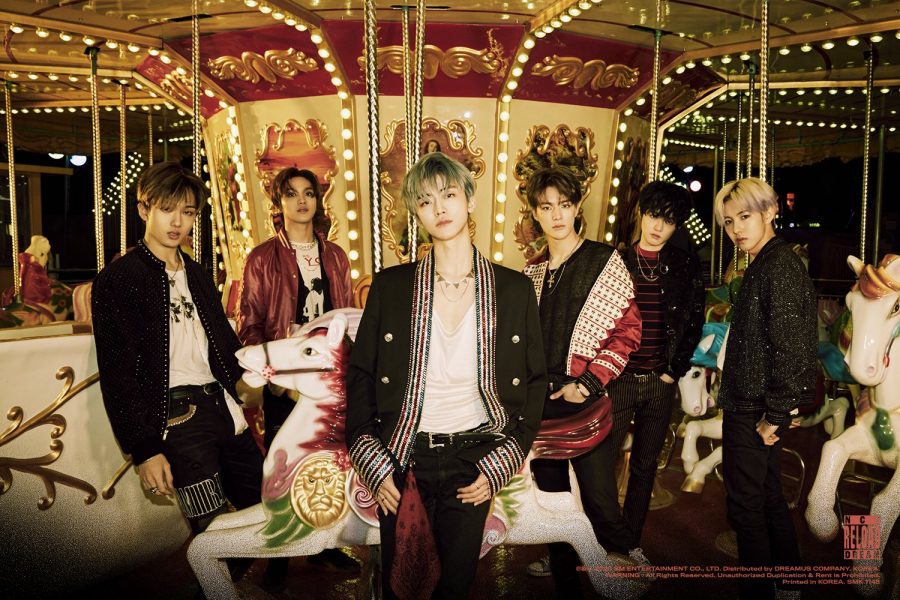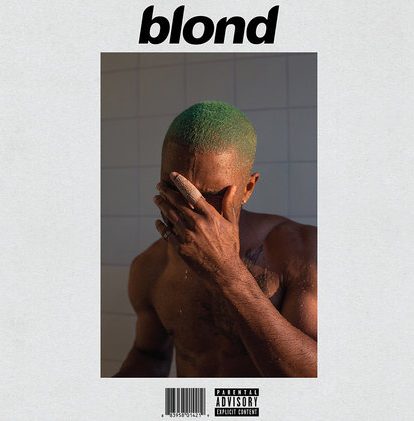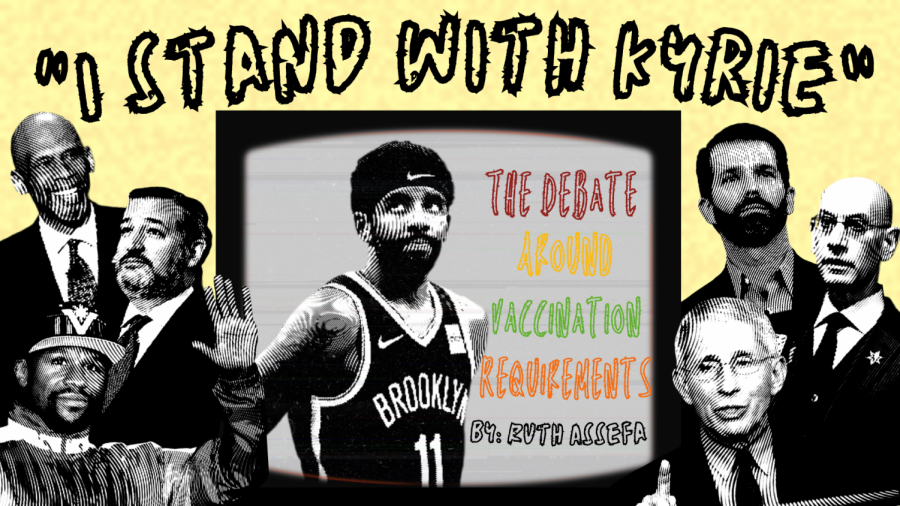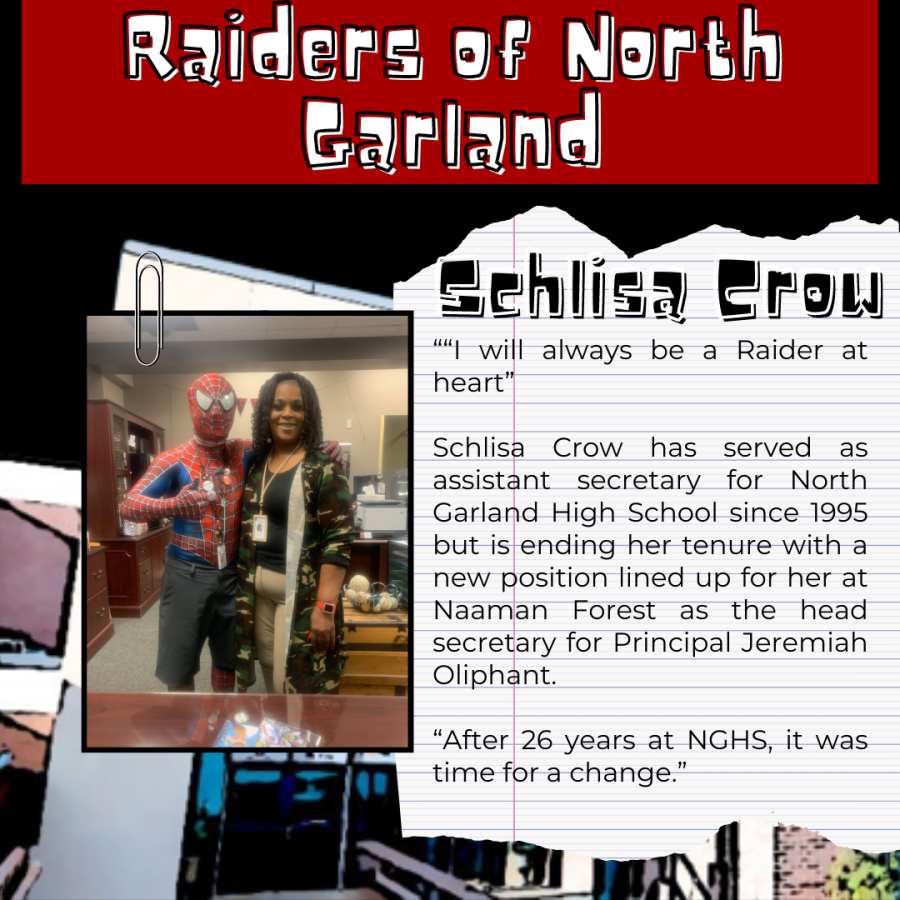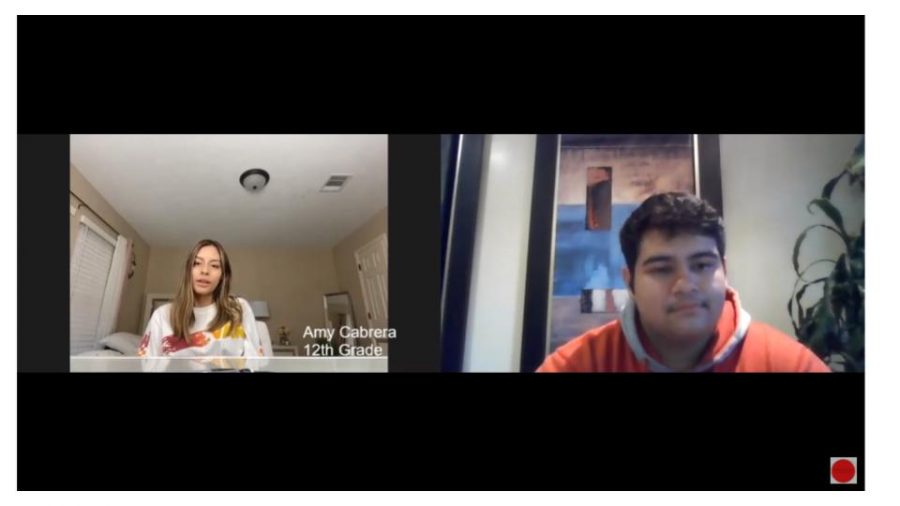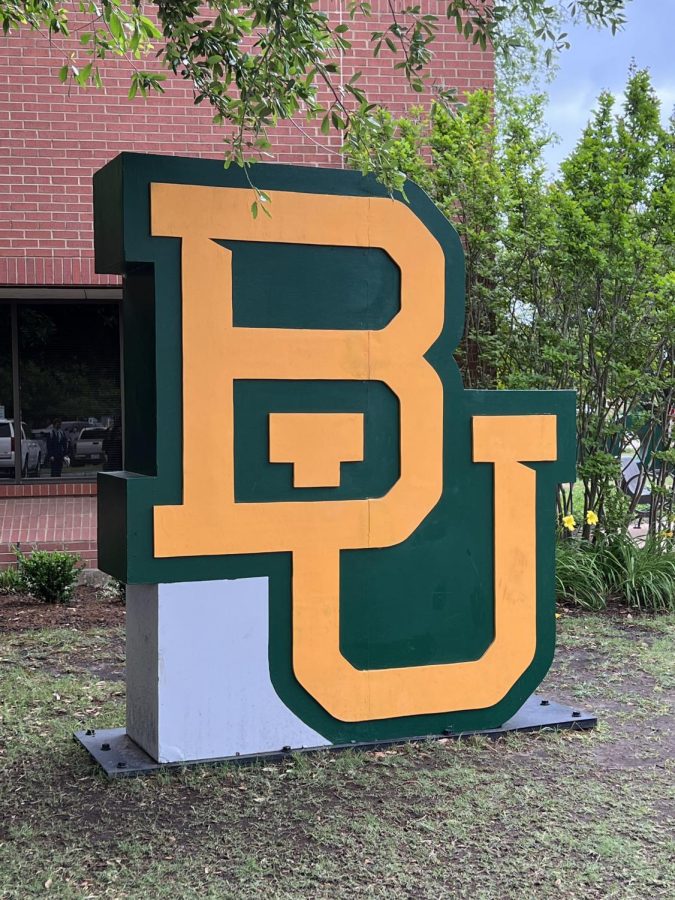A Paradigm of Parasocial Relationships
An inside look into social media culture and the impact on teens.
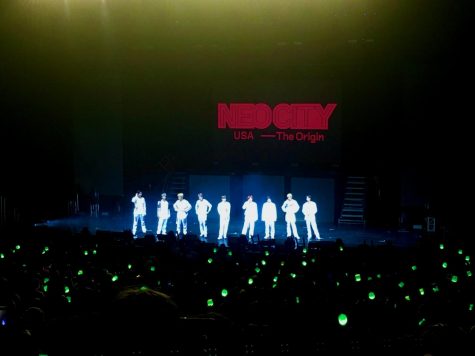
It’s human nature to want to form relationships with others – even with complete strangers. The concept of parasocial relationships is frequently overlooked in the world of media, yet affects many people whether they realize it or not. Parasocial relationships, in simpler terms, are relationships which are completely one-sided, a term coined in 1956 by Donald Horton and Richard Wohl. However, it’s deeper than just having a crush. In this bond, one person pours their emotions and efforts into a relationship, and the other party typically doesn’t even know the other person person exists.
Parasocial relationships are most common between fans of celebrities, fictional characters in books, movies, and other media, and, in some cases, even politicians.
“People, when they first hear of someone being a fan of something, they automatically picture a crazed fan obsessed with it, although that’s not far off from how some people actually are,” said Talaya Sanchez, who is a sophomore at Texas Woman’s University and has run a fan Twitter account from the age of 15.
People with parasocial relationships often face ridicule and shame from peers or family. What those ridiculing them don’t know is that the bonds formed with these popular figures are more common than they may realize.
With the growing accessibility of social media and the constant outpour of content by creators and Internet personalities, it’s almost as though the amount of parasocial relationships has only been able to rise within the past decade. A 2017 study found that 61.1 percent of adolescents reported parasocial involvement and emotional intensity.
“When you’re on the Internet you can’t help but go through all these different rabbit holes of different interests and videos that come up,” Sanchez said. “It’s like you click one, another, and then another until you realize that you’ve been watching the same people for hours.”
These relationships expand someone’s social network while completely eliminating the chance of rejection, which empowers individuals to identify with, and model the behavior of, people of their choosing; even if the second party is unaware. For some, the one-sided nature of the relationship is a comfort from their everyday life. Parasocial relationships are cultivated by the media to resemble face-to-face relationships. Overtime, this creates one-sided bonds where an individual develops a sense of intimacy and friendship with the people or characters they have spent watching through a screen.
“The thing is I know that the idols I look up, to, and have spent my time and money on, don’t know me,” Sanchez said.“But you start to develop a deep care and love for them [KPOP boy group Neo Culture Technology (NCT)]. As a lesbian, I don’t mean romantic feelings, but more like they’re my friends. It gets to the point where you watch them throughout the years and feel connected to them in a way.”
Living your life while simultaneously watching these celebrities can create an illusion that you too are part of their lives, like they are in yours.
“I got so invested in these idols I started to let it consume my everyday life,” said 18-year-old Salem Leon, who recently left stan Twitter, which is a social media subculture revolving around celebrities. Leon left due to issues with parasocial relationships. “It wasn’t always bad, but I started to realize it was much more than it needed to be.”
With parasocial relationships, it’s easy to get invested and start using up time and money to get materialistic items or other ways to support them as found by a study conducted by Business Statistics. However, that doesn’t always mean it’s negative, since these items can bring a sense of joy.
“Believe me, I still love all the albums, photocards, and concerts I went to of theirs [KPOP boy group NCT], and I still love the groups,” Leon said. “But now that I’m not as into it as I was, all of the stuff I’ve bought seems so unnecessary for how much I spent.”
The culture that surrounds parasocial relationships is nothing new, but exposure to them has heightened due to the increase in accessibility that social media brings in following the lives of celebrities.
“I definitely think that the new digital age has made parasocial relationships more popular,” sociology major at the University of Texas at Dallas Zee Kabai said. “You have websites like Twitter and YouTube where you can just get on and immediately access content of the celebrities you like.”
With social distancing still being the practice in most places around the world, it leaves most people lacking the interaction that they were accustomed to pre-pandemic.
“Quarantine heightened the need for many people to have social interactions, but with the many health restrictions that were there [it] made it nearly possible to interact with people outside of your family,” Kabai said. “With parasocial relationships, you can feel a connection with anyone of your choosing without ever leaving the safety and comfort of your own home.”
Oftentimes, parasocial relationships can help people who may lack friends in real life or may feel like they need more personal connections. According to the University of Las Vegas, there’s no denying that people with anxiety are more prone to develop parasocial relationships on the basis of easy accessibility which gives a sense of belonging.
“I find that parasocial relationships are very helpful for those with mental health issues, since most famous people make content for their fans,” Kabai said. “It can also be harmful, because it may cause those with one sided feelings to get detached with reality.”
My name is Devorah Segura! It is my second year on Newspaper staff and this is my Senior year at North! I enjoy reading political theory, international...

